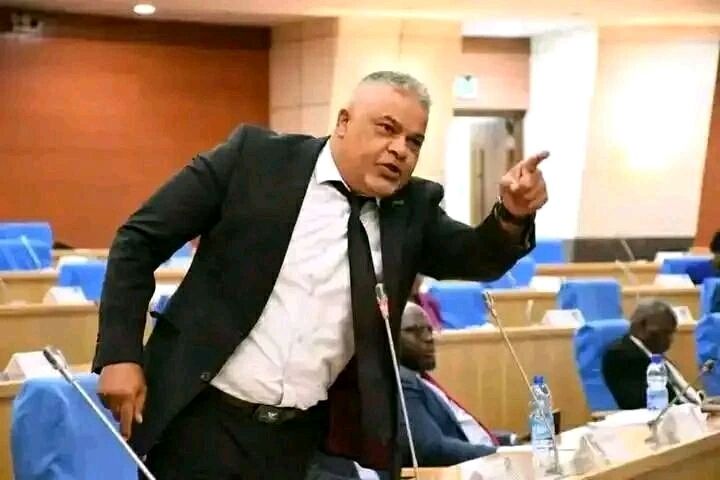By Burnett Munthali
In recent parliamentary discussions, Member of Parliament Sameer Suleiman has urged President Lazarus Chakwera to reconsider his planned visit to China next week. Suleiman’s call comes amid growing concerns over domestic issues, including food shortages and rising fuel prices, which are significantly impacting Malawians.
MP Suleiman, representing Blantyre South East, has emphasized that the Malawian government should prioritize addressing the country’s immediate challenges rather than pursuing international travel. He argues that with many Malawians struggling due to food insecurity and escalating fuel costs, President Chakwera’s trip to China could be seen as an unnecessary diversion from pressing domestic issues.

Suleiman’s concerns are rooted in the current economic hardships faced by many citizens. He notes that the government’s focus should be on alleviating the suffering caused by high fuel prices and food shortages rather than engaging in international trips. Suleiman asserts that the funds and attention allocated to such travel could be better utilized in addressing the needs of Malawians.
Despite Suleiman’s concerns, Richard Chimwendo Banda, the spokesperson for the ruling party, has defended the planned trip. Banda argues that maintaining strong relations with China is crucial for Malawi’s economic and diplomatic interests. He contends that the visit is essential for bolstering bilateral ties and securing beneficial agreements for the country.
Banda maintains that the trip to China will provide opportunities for economic advancement and is a necessary part of sustaining Malawi’s international relationships. He suggests that the benefits of such diplomatic engagements outweigh the concerns raised about current domestic issues.
Adding to the debate, Shadreck Namalomba, the Member of Parliament for Mangochi South West, has voiced opposition to recent government plans to increase fuel prices. Namalomba argues that raising fuel prices will only exacerbate the hardships faced by rural communities, who are already struggling with high living costs. He believes that the government should address these critical issues before considering any changes to fuel pricing or international travel.
Namalomba’s stance reflects widespread frustration among MPs and constituents who feel that immediate domestic concerns should take precedence. His viewpoint underscores the need for a balanced approach that considers both international relations and the well-being of Malawians affected by economic challenges.
In conclusion, the debate over President Chakwera’s planned trip to China highlights the tension between international diplomacy and addressing urgent domestic needs. Phungu Sameer Suleiman’s call for the President to postpone the trip underscores the importance of focusing on pressing issues such as food security and fuel prices. Meanwhile, government officials like Richard Chimwendo Banda argue for the significance of maintaining strong international relationships. As discussions continue, the challenge for the Malawian government will be to navigate these concerns while balancing domestic priorities with international engagements.


